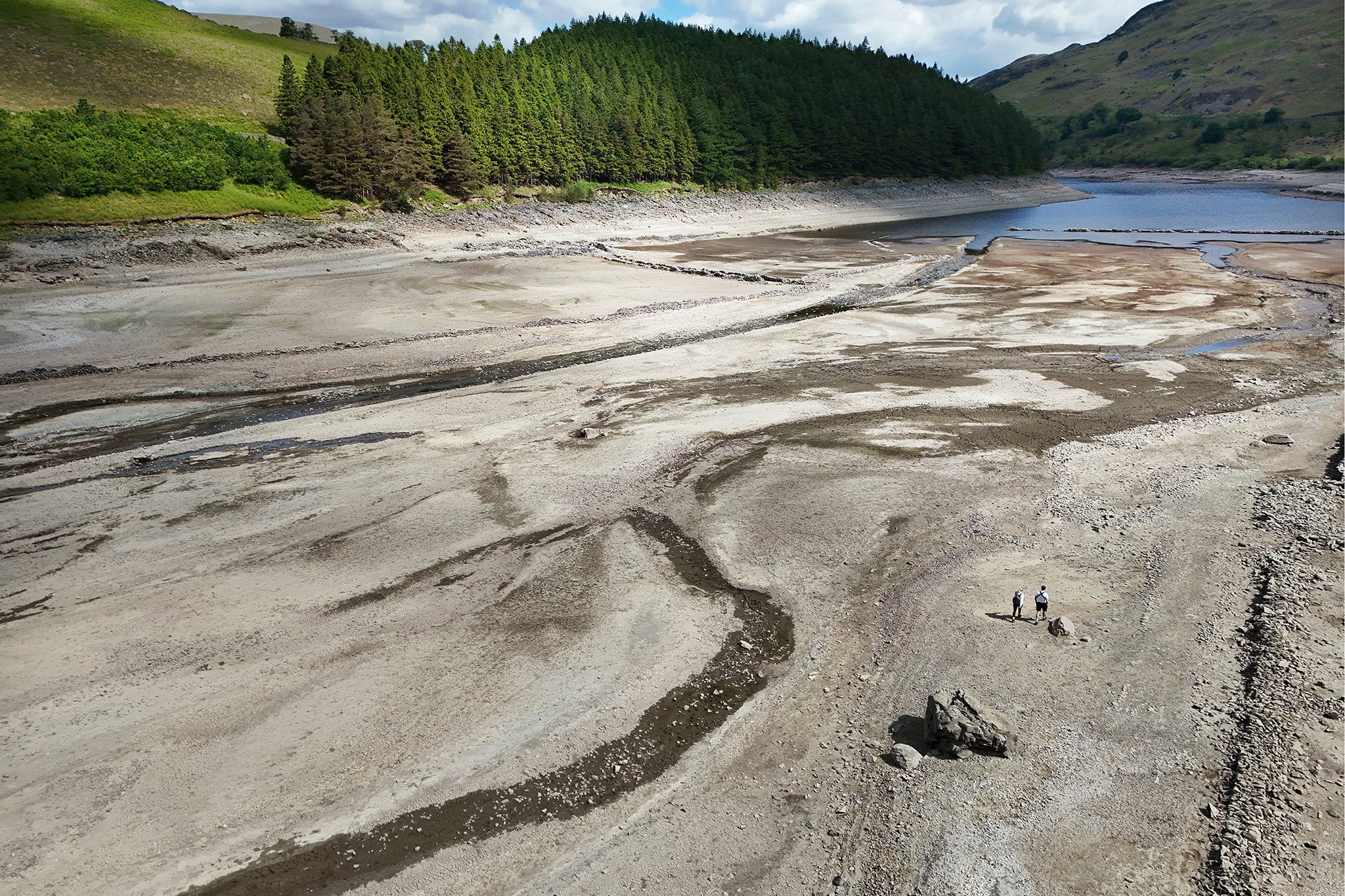The Environment Agency urged the public not only to switch off taps, but to also delete their old emails in order to reduce water usage during the current drought.
This year has seen the driest six months to July since 1976 in the UK, with the current water shortfall situation in England now defined as a “nationally significant incident.”
As well as more traditional methods of reducing water usage, such as taking shorter showers, using rain water stored in butts for watering plants, and cutting hosepipe use, the government agency is also drawing attention to the enormous demands on utilities caused by growing data storage.
Files such as emails and photos stored on the cloud are maintained by large data centres, which require huge amounts of water to keep cool. According to an Oxford University study, a relatively small 1 megawatt data centre uses about 26 million litres of water per year.
On Tuesday, the Environment Agency’s director of water and National Drought Group chair, Helen Wakeham said: “The current situation is nationally significant, and we are calling on everyone to play their part and help reduce the pressure on our water environment.

“We are grateful to the public for following the restrictions, where in place, to conserve water in these dry conditions. Simple, everyday choices – such as turning off a tap or deleting old emails – also really helps the collective effort to reduce demand and help preserve the health of our rivers and wildlife.”
Areas which the government has said drought has been declared in are: Yorkshire, Cumbria and Lancashire, Greater Manchester Merseyside and Cheshire, East Midlands, and the West Midlands.
Areas categorised as having had "prolonged dry weather" (the phase before drought) are: Northeast, Lincolnshire and Northamptonshire, East Anglia, Thames, Wessex, Solent and South Downs.
A full hosepipe ban is currently in force for all Yorkshire Water customers, while Thames, South East Water, and Southern Water have postcode-specific bans.
Chief meteorologist at the Met Office, Dr Will Lang said largely dry conditions will continue to affect the country. Updating the National Drought Group, he said: "This week is starting off warmer than of late across England and Wales with temperatures getting towards the mid-30s for some in the south.
"While conditions remain mostly settled across the south, the picture is more unsettled further northwest, with rain or showers at times.
"As we move into the second half of August, there are indications of high pressure building and therefore largely settled conditions overall. Although dry weather is more likely, rain, showers or thunderstorms cannot be ruled out."







